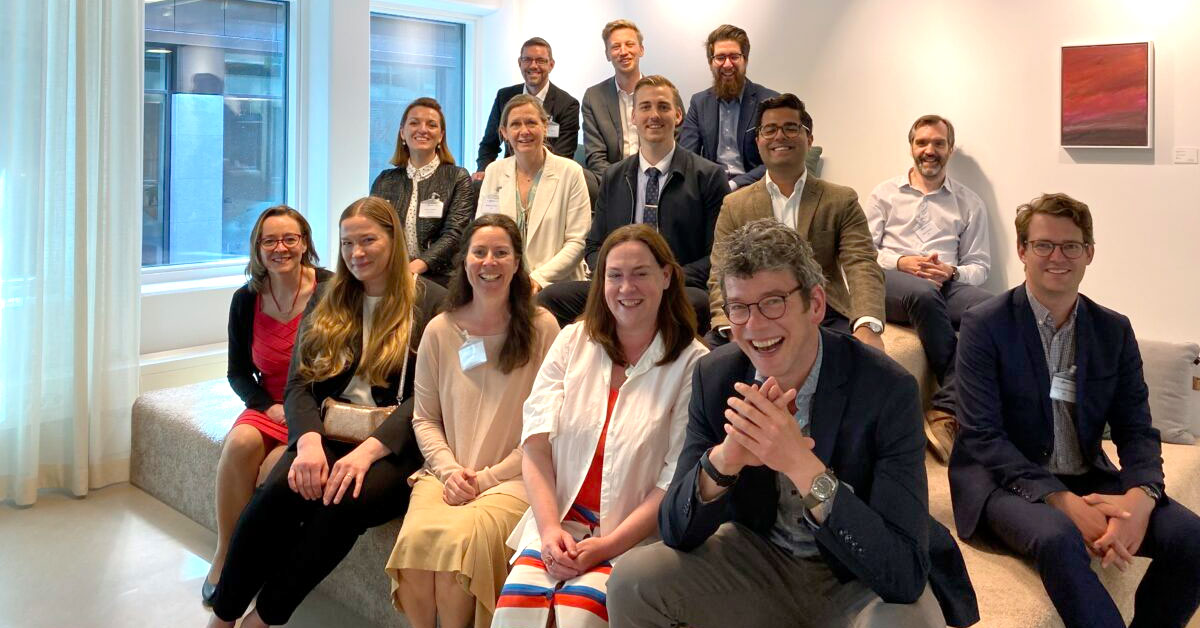An innovation-friendly regulatory environment to improve welfare, growth and competitiveness has become an increasingly important political objective. Regulations should promote, or at least not hinder, innovation.
Regulatory policy itself is conversely affected by rapid technological – and legislative – innovation, where experimental legislation and regulatory sandboxes are frequently referred to.
But what do we mean by innovation? By innovation-friendly regulations? By regulatory experimentation? And how do we assess the impacts of regulation on innovation, and vice versa?
These were some of the questions that were discussed at the RegWatchEurope workshop 7 of June. Participants from the OECD, the EU institutions and scrutiny bodies from different countries shared their experience of the issues at hand, including the presentation of guidelines, checklists, practices and recommendations on different levels and aspects of innovation and regulatory policy.
It was concluded that the legislative process has proven to be too slow to keep pace with the technological advancements and was thus a lot of room for improvement.
It was noted that innovation is not necessarily beneficial per se. It has to be taken into account that innovation, even if beneficial, might not be beneficial to everybody, and even detrimental as regards possible conflicting objectives. Problems of quantification and assessments of costs and benefits were discussed.
The need for systematic assessment of innovation through all stages of the policy cycle was stressed. Regulatory management tools such as ex post evaluations are becoming increasingly important to ensure that regulations are continuously fit for purpose. The usual recommendation of evaluation after 5-10 years might not be optimal any longer.
Ways to find the balance between flexibility and predictability were discussed. For example, outcome based provisions provides flexibility, but contains risk for regulatory uncertainty. Agile and adaptive governance, regular stakeholder dialogues and international cooperation, building mutual trust, were seen as key success factors in developing future-proof regulations.
Participants agreed on the need for further discussions on the subject.

